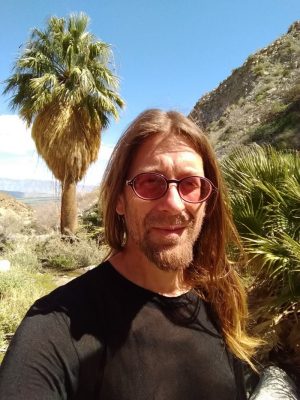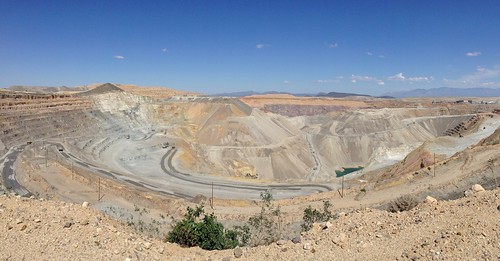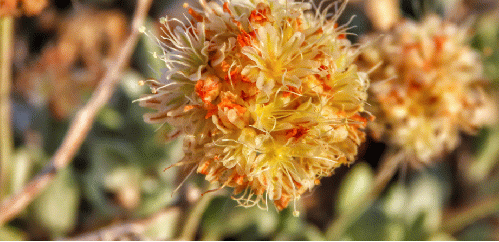This is part 2 of a two-part series. Read part 1: "Rare Wildflower vs. Mining Company."
In part 1 of this series, I told how Tiehn's Buckwheat (Eriogonum tiehmii) is a rare species found only on ten acres of land in Nevada and how its existence is threatened by the mining activities of Ioneer, an Australian Company. I also discussed the efforts by the Center for Biological Diversity (CBD) to save the species by petitioning the federal government and the state of Nevada to give it legal protection. Additionally, I provided information for the reader to support the Center's efforts.
What I didn't mention is what Ioneer is hoping to extract at the site: Lithium carbonate and boric acid.
Though a variety of industrial applications utilize lithium carbonate, demand is rising primarily due to its use in batteries, especially for electric vehicles. In other words, Ioneer's operation could be considered part of the "green" or "clean" energy industry. Indeed, they make use of one of the monikers themselves: "Lithium is a strategic element linked directly to high technology and clean energy. It has been described as the new oil as it is a key component for batteries fueling the electric vehicle revolution."
But "green" and "clean" don't mean "no impact." All extractive activities have destructive impacts on the natural environment, including lithium mining. Some would argue that fossil fuels are the worst, and that anything is better that a lesser cost is preferable to a greater cost. Yet in this case, what is the cost?
That depends on one's perspective, doesn't it? For Tiehm's Buckwheat, the cost might well be its entire existence as a species on this planet. So from that perspective, no cost could be greater.
Some people might be willing to shrug that off, but not me, and I am not alone.
Nature is more important than our comforts. The survival of a species ranks higher than our needs (such as we think they are). There are places we need to draw a line and this is one of them.
Yet, the efforts by CBD to grant this plant legal protection might fail, and Ioneer might move beyond the exploratory stage to develop its project in full. In this case, the extinction of Tiehm's Buckwheat is highly likely.
What then?
One possibility is to provide Tiehm's Buckwheat with a new home outside of Ioneer's project area. Seeds could be collected and sown nearby. Plants could be rescued from the path of the bulldozer and transplanted.
In scientific circles, this is called "assisted migration," "managed relocation" or "assisted colonization." It's most often discussed in the context of Climate Change, which is putting an increasing number of species at risk at an accelerating rate.
In this particular instance, Tiehm's Buckwheat grows exclusively in a particular soil type called "channery" but there are other patches of this soil in the immediate area, as noted in CBD's petition to the US Fish and Wildlife Service. (See page 10.) Couldn't those areas host newly seeded or transplanted patches?
When I spoke on the phone with Patrick Donnelly, Nevada State Director of the CBD, I asked him about this possibility. He reacted with immediate disdain: "That is not an acceptable solution. That is not something we would ever accept. I think the reverse is true. The reverse is that there's lots of channery soil so if they want to mine channery soil that doesn't have Tiehm's Buckwheat on it [they should]. I think that's the framing we would use."
(Note: You can view every article as one long page if you sign up as an Advocate Member, or higher).







